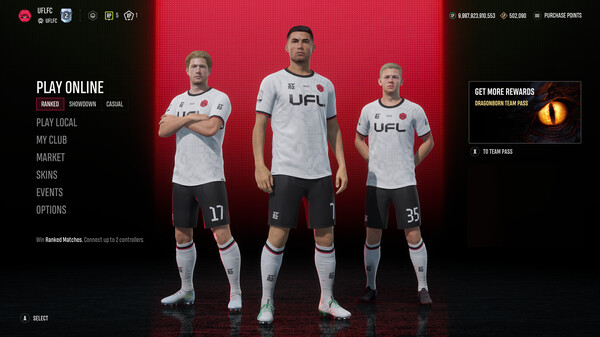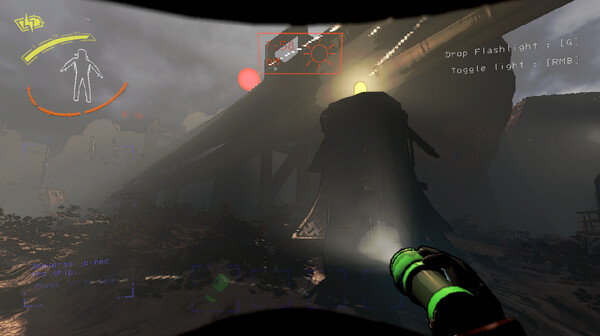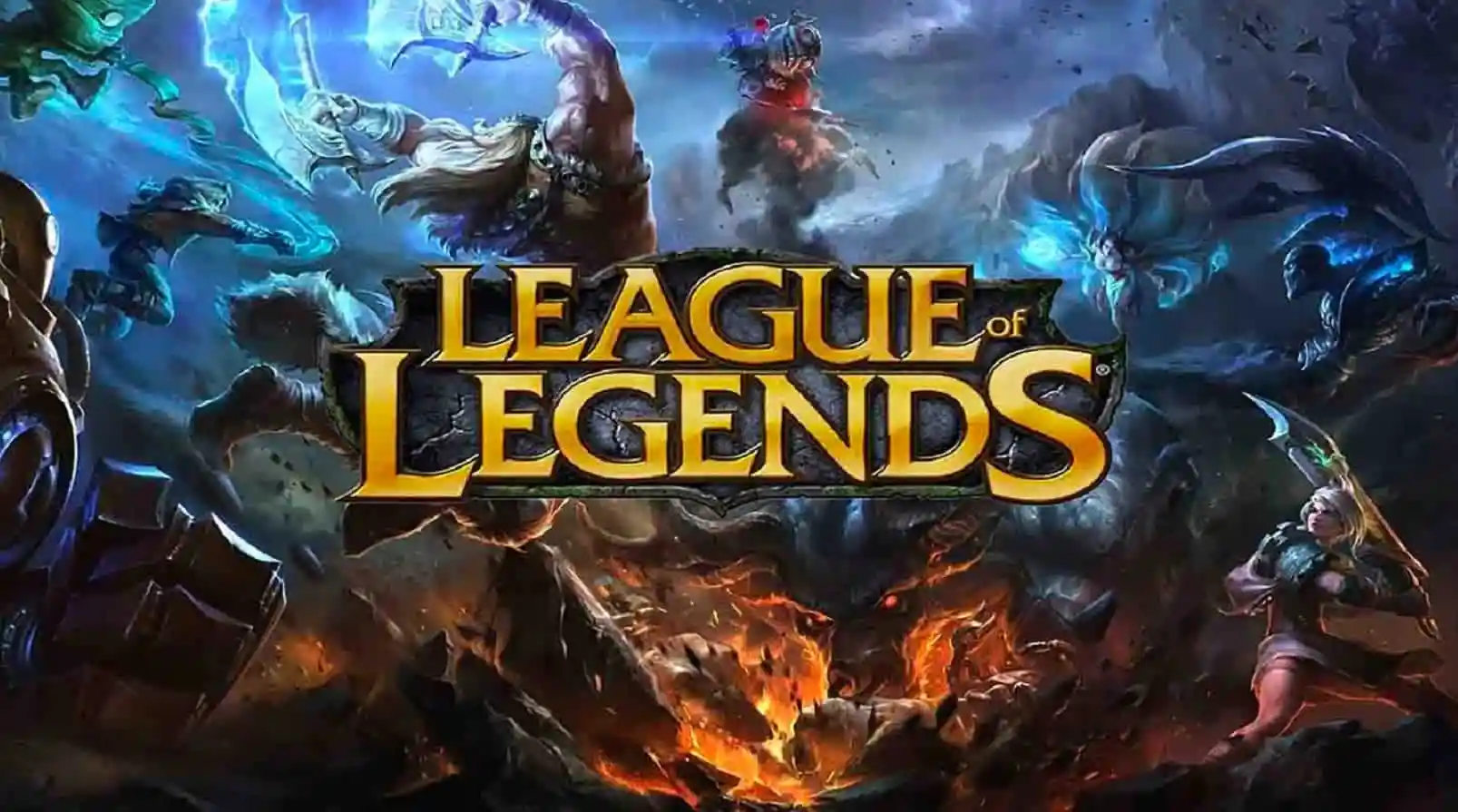EA SPORTS FC 25: Dribble, Tactics, and Dominate the Modern Pitch
Introduction: When Soccer Becomes Strategic Football
EA SPORTS FC 25 redefines what a football game can be—melding high-fidelity visuals, enhanced AI-driven tactics (FC IQ), and explosive small-sided gameplay with Rush mode. Developed by EA Canada and published by Electronic Arts, this entry introduces deeper realism with new modes and personalization features while retaining beloved staples like Career, Ultimate Team, and Clubs. But is this more than a roster update?
Let’s unpack the major elements—from visuals and controls to community impact and replay value—to see if FC 25 truly delivers a modern football experience.
1. Visual Style & Presentation – As Beautiful as Ever
Stadium Spectacle
Powered by HyperMotionV and current-gen consoles, FC 25 delivers photorealistic visuals—detailed player kits, dynamic weather, and fluid stadium ambiance—especially in major leagues like the Premier League.
Broadcast Feel
Match introductions recreate TV-style presentation with cinematic camera angles and ball-speed graphics. Commentary and menus echo live broadcasts for an authentic feel.
Pros:
-
Stunning graphics and kit physics
-
Broadcast-quality presentation
Cons:
-
Occasional graphical glitches and camera quirks
2. Core Gameplay Loop – Realism on the Ball
FC IQ Smarter Action
The new FC IQ system adjusts player roles dynamically, making defense, passing, and positioning feel player-specific.
Controlled Pace
Matches are deliberately slower and more tactical. Passing, shielding, and dribbling have been rebalanced for authenticity—helping reduce the arcade-style chaos.
3. New Modes: Rush & Beyond
5v5 Rush Mode
Replacing VOLTA, Rush offers fast-paced five-a-side matches in Career, Clubs, and FUT—fresh and thrilling, especially for short sessions.
Exhibition to Ultimate Team
All classic modes remain—Career (Player & Manager), Exhibition, Ultimate Team, Pro Clubs—with additional depth in women's leagues.
Pros:
-
Exciting, bite-sized Rush matches
-
Full suite of modes with career depth
Cons:
-
Rush may stagnate without frequent updates
4. Dribbling, Passing & Shooting – A Refined Touch
Overhauled Mechanics
FC 25 revamps accuracy, dribbling, and shooting. New skill moves and ball control mechanics help create realistic playing experiences.
Passing Precision
Ground passes now rely on player attributes and play styles, rewarding well-placed roles and bonuses from specific player types.
5. Career Mode & Women's Leagues
Expanded Career Options
Career mode introduces women’s leagues (England, Spain, Germany, France, USA) and improved youth tournament support—making single-player campaigns more inclusive.
Tactical Depth
FC IQ adds higher-level tactical control in Career—assigning players roles and positional behavior pre-match.
Pros:
-
Deeper management options in Career
-
New representation with women's leagues
Cons:
-
FC IQ tactical layer still early in adoption
6. Ultimate Team & FUT Enhancements
Heroes & ICONs
FC 25 launches with new "Heroes" and ICONs—retired legends with upgraded PlayStyles and positions.
Quality-of-Life Fixes
Contracts removed; duplicate preservation added; PlayStyle+ slots expanded; header and passing balances improved in updates.
7. Club & Pro Clubs Modes
Team-Oriented Play
Clubs mode features a revamped social hub and camaraderie integration, encouraging deeper team interaction.
Co-op Youth Tournaments
Manager Career supports co-op youth tournaments (up to 4 players)—a post-launch improvement to multiplayer depth.
8. Technical Performance & Optimization
Stable Next-Gen Experience
PS5, Xbox Series X, and high-end PCs run FC 25 smoothly with minimal loading times.
Minor Bugs Persist
Some PC users report erratic keeper behavior or occasional crashes, but patch cycles are ongoing.
9. Community Feedback & Live Updates
Responsive Development
EA released nine feature patches and Season Finale Update (#15), adjusting passing accuracy, header realism, and goalie aggression based on player feedback.
Annual Updates
New seasons include Premium Passes, Legends Return, Squad Evolutions, and Team of the Season events—keeping the title fresh and evolving.
10. Final Verdict: Worth the Upgrade?
Summary Pros & Cons
Pros:
-
Gorgeous visuals and accurate stadium presentation
-
Strategic FC IQ believability
-
Fun, addictive Rush mode
-
Expanded women’s leagues and career options
-
FUT simplifications and quality-of-life improvements
Cons:
-
Feels incremental over FC 24
-
Rush mode needs more content to stay fresh
-
Occasional technical hiccups persist
Expert Ratings
| Feature | Score |
|---|---|
| Graphics & Presentation | 9.5/10 |
| Gameplay Realism | 9.0/10 |
| Game Modes Variety | 8.8/10 |
| Career Mode Depth | 8.7/10 |
| Ultimate Team Usability | 9.0/10 |
| Overall Innovation | 8.9/10 |
Conclusion: A Refined Football Experience
EA SPORTS FC 25 may be evolutionary rather than revolutionary, but it delivers where it matters: strategy, realism, and polish. FC IQ and Rush mode reinvigorate the pitch for both sim purists and casual players. With expanded career depth and improved FUT features, it’s a well-rounded title that refines the football gaming formula—standing tall in the post-FIFA era. Whether you're chasing tactical dominance or lightning-fast Rush thrillers, FC 25 brings quality and depth to the field.




























